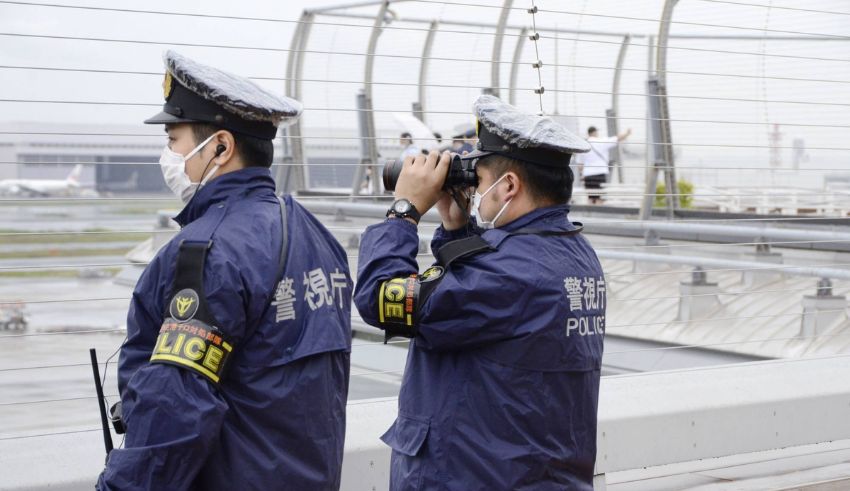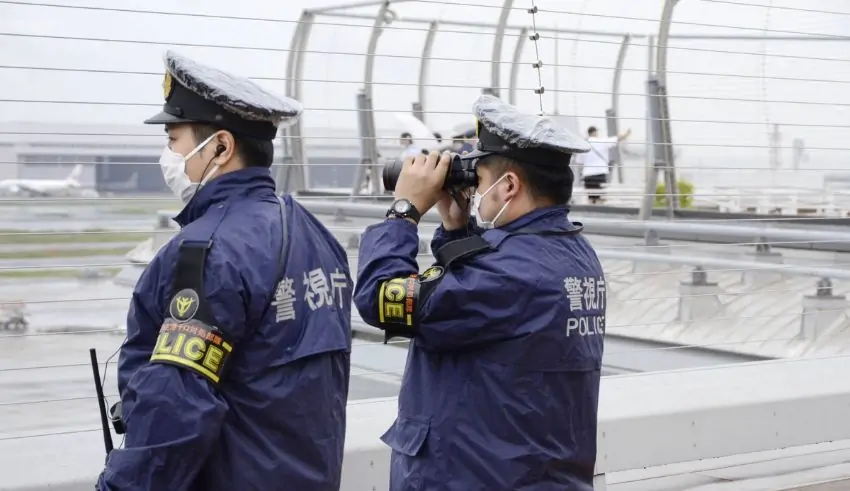

(C) Micoope
Foreigners living or visiting Tokyo may face the risk of being stopped and questioned by the police based on their appearance, regardless of their legal status, behavior, or purpose. This practice, known as racial profiling, is a form of discrimination and harassment that violates the human rights and dignity of foreigners.
According to a survey conducted by the Tokyo Bar Association in 2020, around 60 percent of more than 2,000 people with foreign roots said they had been questioned by the police over the past five years, with encounters more frequent among those of African or Latin American backgrounds². The survey also found that the police often asked for personal information, such as name, address, occupation, and visa status, without giving a clear reason or showing a warrant.
Many foreigners have reported or experienced cases of intimidation, bribery, coercion, violence, and fraud during the police questioning. Some have also been detained, arrested, or deported without due process or legal representation. Some have also suffered from psychological distress, social stigma, and loss of trust in the authorities.
The police targeting of foreigners based on their appearance is driven by various factors, such as:
– The lack of clear and consistent guidelines and regulations for the police on how and when to stop and question foreigners, leaving room for arbitrary and subjective decisions.
– The lack of training and education for the police on cultural diversity, human rights, and anti-discrimination, leading to stereotypes and prejudices against foreigners, especially those who look different or come from certain regions or countries.
– The lack of oversight and accountability for the police on their conduct and performance, making it difficult to monitor, report, or challenge the cases of racial profiling or misconduct.
– The lack of awareness and empowerment among the foreigners of their rights and responsibilities, making them vulnerable to abuse and exploitation by the police or other parties.
The police targeting of foreigners based on their appearance can be prevented and reduced by implementing various measures, such as:
– The establishment and enforcement of clear and consistent guidelines and regulations for the police on how and when to stop and question foreigners, based on reasonable suspicion and evidence, not on appearance or origin.
– The provision of training and education for the police on cultural diversity, human rights, and anti-discrimination, to foster respect and understanding of the foreign community and to eliminate stereotypes and prejudices.
– The creation and strengthening of oversight and accountability mechanisms for the police, such as independent complaints bodies, internal audits, and external reviews, to ensure transparency and accountability of the police actions and to address the cases of racial profiling or misconduct.
– The promotion and protection of the rights and responsibilities of the foreigners, such as providing them with legal information, assistance, and representation, and encouraging them to report or challenge the cases of racial profiling or abuse.
The 2024-25 CBA season in China was an historic 30th season for the league that was filled with exciting matches,…
China, stepping ahead of possible new US tariffs, has announced new trade plans from India to bring both countries closer…
Early Tuesday morning. The fire, which could be seen from several miles away, caused mass evacuations as the authorities fine-tuned…
OpenAI's new image creation option on ChatGPT attracted many users in a short time. ChatGPT achieved its one million user…
Yuki Tsunoda has targeted a dream podium at his home Japanese Grand Prix following his surprise elevation to Red Bull.…
Finally, it is out! Tom Holland will return to the red and blue suit as Marvel formally launches the title…
This website uses cookies.
Read More